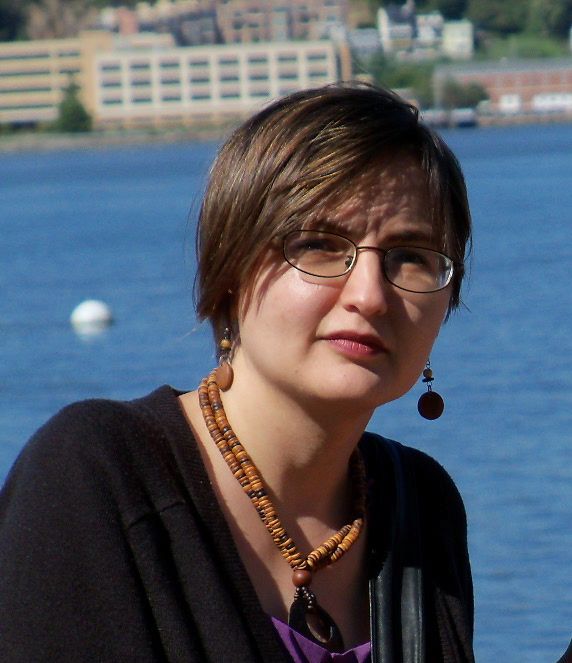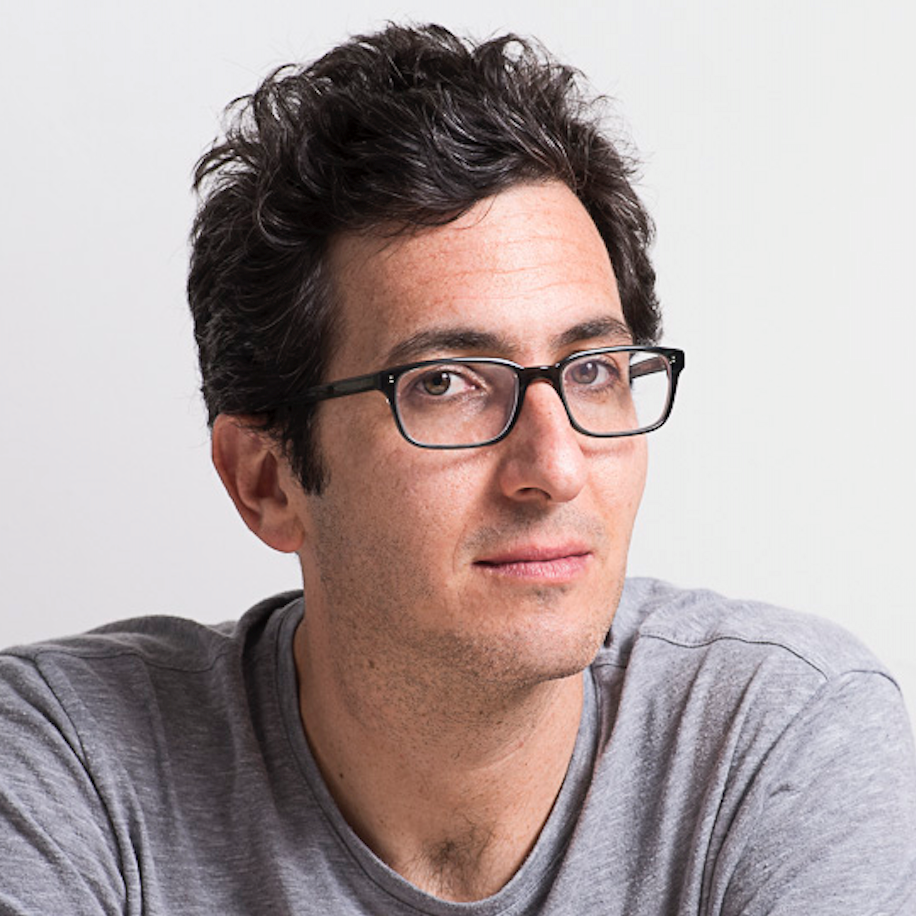Speakers
Speaker Bio: Smaranda Muresan is a Research Scientist at the Data Science Institute and the Department of Computer Science at Columbia University and an Amazon Scholar. Before joining Columbia, she was a faculty member in the School of Communication and Information at Rutgers University where she co-founded the Laboratory for the Study of Applied Language Technologies and Society. At Rutgers, she was the recipient of the Distinguished Achievements in Research Award. Her research interests are in computational semantics and discourse, particularly figurative language understanding and generation, argument mining and generation, and fact-checking. Most recently, she has been interested in applying NLP to education and public health, as well as in building NLP technologies for low resource languages. She received best papers awards at SIGDIAL 2017 and ACL 2018 (short paper). She is currently serving as a board member of the North American Chapter of the Association for Computational Linguistics (NAACL) and will serve as a Program Co-Chair for ACL 2022.
Speaker Bio: Jonathan Berant is an associate professor at the School of Computer Science at Tel Aviv University and a research scientist at The Allen Institute for AI. Jonathan earned a Ph.D. in Computer Science at Tel-Aviv University, under the supervision of Prof. Ido Dagan. Jonathan was a post-doctoral fellow at Stanford University, working with Prof. Christopher Manning and Prof. Percy Liang, and subsequently a post-doctoral fellow at Google Research, Mountain View. Jonathan Received several awards and fellowships including The Rothschild fellowship, The ACL 2011 best student paper award, EMNLP 2014 best paper award, and NAACL 2019 best resource paper award, as well as several honorable mentions. Jonathan is currently an ERC grantee.
Speaker Bio: Antoine Bosselut is a Postdoctoral Scholar at Stanford University and a Young Investigator at the Allen Institute for AI (AI2). He will join the École Polytechnique Fédéral de Lausanne (EPFL) as an Assistant Professor in 2021. He received his PhD at the University of Washington in 2020. He was recently named as one of the Forbes 30 under 30 list for Science and Healthcare. His research is on building knowledge-aware NLP systems, specializing in commonsense representation and reasoning.
Program Committee
Arun Iyer, Microsoft Research India
Aws Albarghouthi, University of Wisconsin-Madison
Chandra Bhagavatula, AI2
Charles Sutton, Google Brain
Kartik Talamadapula, IBM Research
Leon Weber, Humboldt University of Berlin
Matko Bošnjak, UCL
Robin Manhaeve, KU Leuven
Thomas Demeester, Ghent University


